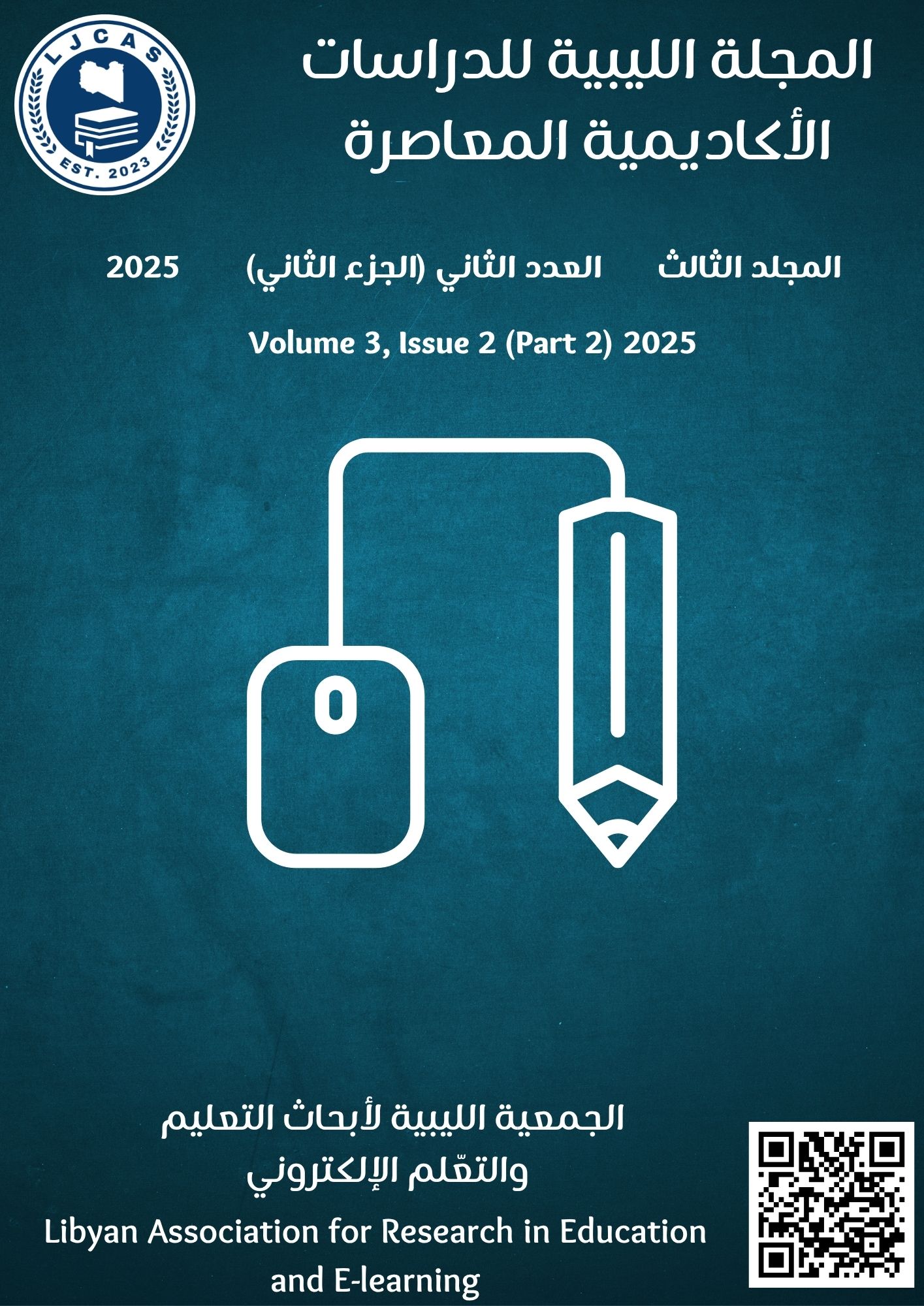Antibacterial activity of cold and hot aqueous Extract of Mentha piperita
DOI:
https://doi.org/10.65417/ljcas.v3i2.214Keywords:
Antibacterial activity, Escherichia coli, Mentha piperita, PseudomonasAbstract
The present study investigates the antibacterial potential of Mentha piperita L. leaves (family Lamiaceae) aqueous extract against Staphylococcus, Pseudomonas, and Escherichia coli using the disc diffusion method. The goal was to evaluate the effectiveness of different concentrations (20% and 50%) of the extract compared to a control group (water). Both cold and hot aqueous extracts of Mentha piperita exhibited significant antibacterial activity against the tested bacterial strains. The highest inhibition zone for the cold aqueous extract was observed at concentrations of 20% and 50%, particularly against Pseudomonas (0.165 mm and 0.5 mm, respectively). In contrast, the hot aqueous extract showed the most pronounced antibacterial effect at a concentration of 20% against Staphylococcus (0.22 mm) and at 50% against Pseudomonas (0.11 mm). These findings suggest that the aqueous extract of Mentha piperita has notable antibacterial properties, with the highest activity observed against Pseudomonas at higher concentrations. The results indicate the potential of Mentha piperita as a natural antibacterial agent that could be further explored for medicinal applications. This study also emphasizes the need for additional research to explore the bioactive compounds in Mentha piperita and their mechanisms of action against bacterial pathogens. While promising, further investigations into its efficacy, safety, and potential as a therapeutic agent are necessary. Overall, the study contributes to the growing interest in plant-based antibacterial agents and their potential to combat antibiotic-resistant bacteria in the future, which is increasingly important for addressing public health concerns globally.







